Giving notice
Why Americans are quitting their jobs in droves


A free daily email with the biggest news stories of the day – and the best features from TheWeek.com
You are now subscribed
Your newsletter sign-up was successful
This is the editor's letter in the current issue of The Week magazine.
When a plague recedes like a spent tsunami, it reveals a world forever altered. Outbreaks of infectious disease — the bubonic plague, smallpox, cholera, the Spanish flu, AIDS — have been pivot points in human history. Plagues fueled the rise of Christianity in the Roman Empire. They eroded feudalism and gave rise to capitalism and the middle class. They devastated indigenous people in the Americas and paved the way for European colonization. We have just begun to see the first glimpses of how COVID-19 will reshape our society, but it's already clear that work will never be quite the same. We're in the midst of "the Great Resignation," with more than 12 million Americans quitting their jobs in the last three months alone. Given a pause during the pandemic to re-evaluate what matters to them, and vivid reminders that life is fragile and uncertain, blue- and white-collar workers of all kinds have decided to fire up that old Johnny Paycheck song: "Take This Job and Shove It."
I've gotten a paycheck every week for 40 years, and am a firm believer in "the dignity of work." But for work to provide dignity, people doing it need to be treated with decency and respect, not as cheap, replaceable cogs in a vast, soulless machine. Technology, globalization, and mammoth corporations have created an economy that depends on millions of worker bees doing tedious labor with lousy pay and benefits, long hours, and little or no autonomy or security. With so many burned-out Americans just saying "no," even after enhanced unemployment benefits came to an end, there is palpable panic in businesses large and small. Get back to work, you shiftless moochers! Um, please? People do need money, of course, so those who've quit dehumanizing gigs will need to figure out a Plan B. If they succeed, and if employers are forced to treat workers like human beings, the COVID plague will leave at least one positive legacy.
The Week
Escape your echo chamber. Get the facts behind the news, plus analysis from multiple perspectives.

Sign up for The Week's Free Newsletters
From our morning news briefing to a weekly Good News Newsletter, get the best of The Week delivered directly to your inbox.
From our morning news briefing to a weekly Good News Newsletter, get the best of The Week delivered directly to your inbox.
A free daily email with the biggest news stories of the day – and the best features from TheWeek.com
William Falk is editor-in-chief of The Week, and has held that role since the magazine's first issue in 2001. He has previously been a reporter, columnist, and editor at the Gannett Westchester Newspapers and at Newsday, where he was part of two reporting teams that won Pulitzer Prizes.
-
 The Olympic timekeepers keeping the Games on track
The Olympic timekeepers keeping the Games on trackUnder the Radar Swiss watchmaking giant Omega has been at the finish line of every Olympic Games for nearly 100 years
-
 Will increasing tensions with Iran boil over into war?
Will increasing tensions with Iran boil over into war?Today’s Big Question President Donald Trump has recently been threatening the country
-
 Corruption: The spy sheikh and the president
Corruption: The spy sheikh and the presidentFeature Trump is at the center of another scandal
-
 What's Jeff Bezos' net worth?
What's Jeff Bezos' net worth?In Depth The Amazon tycoon and third richest person in the world made his fortune pioneering online retail
-
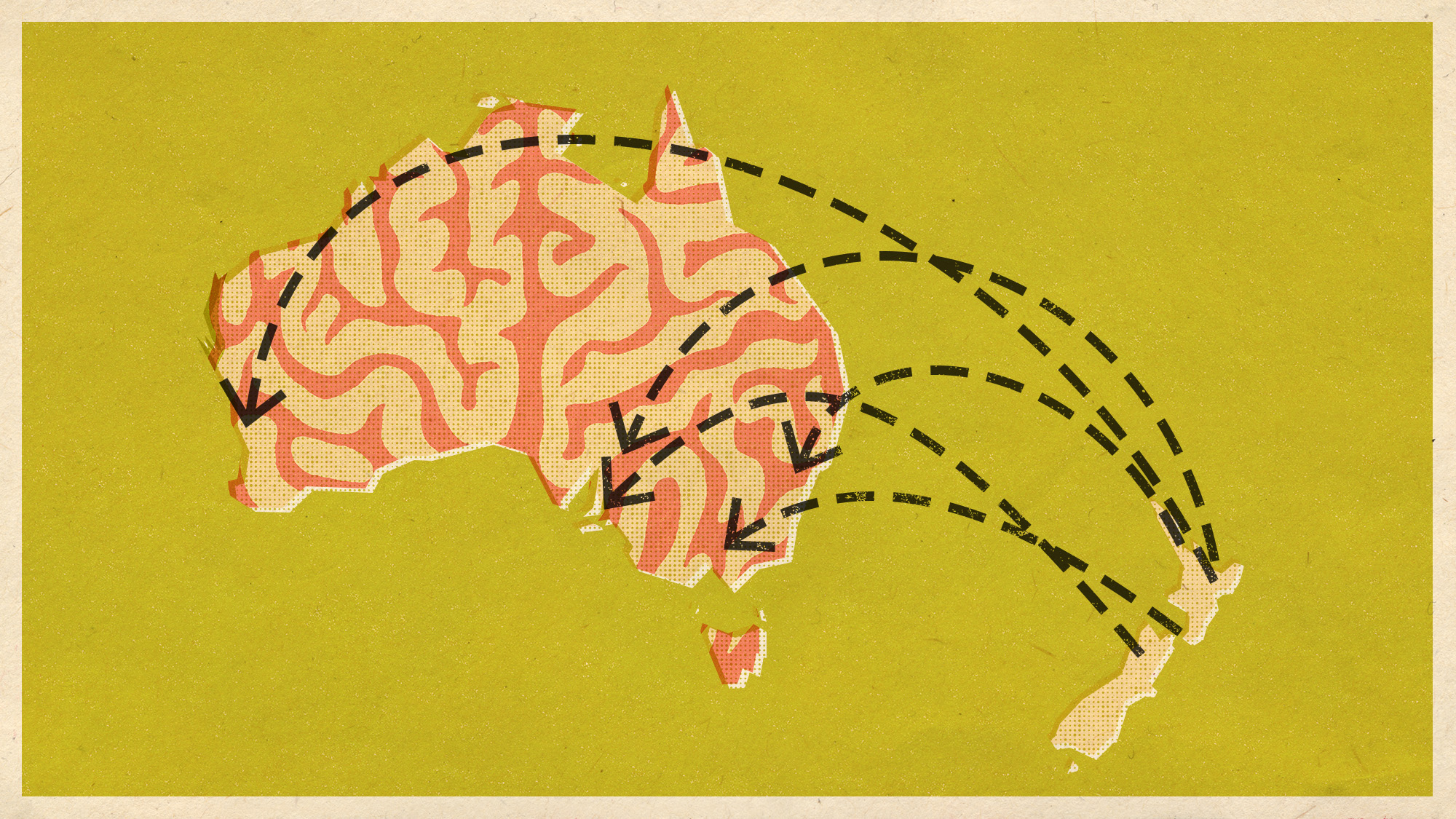 'Brain drain' fear as record numbers leave New Zealand
'Brain drain' fear as record numbers leave New ZealandUnder The Radar Neighbouring Australia is luring young workers with prospect of better jobs
-
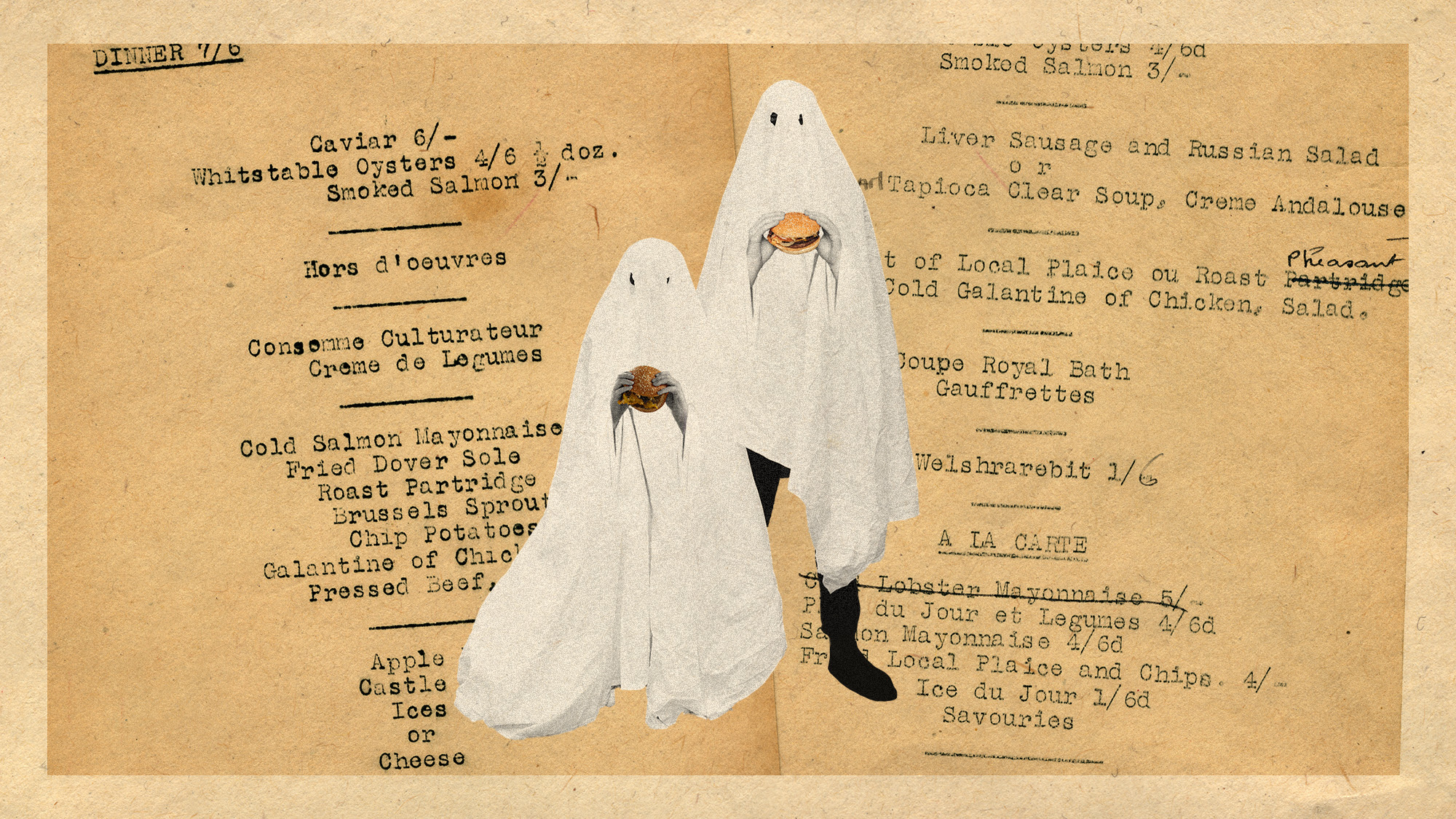 Ghost kitchens are pulling a disappearing act
Ghost kitchens are pulling a disappearing actunder the radar The delivery-only trend is failing to live up to the hype built up during the pandemic
-
 The birth of the weekend: how workers won two days off
The birth of the weekend: how workers won two days offThe Explainer Since the 1960s, there has been talk of a four-day-week, and post-pandemic work patterns have strengthened those calls
-
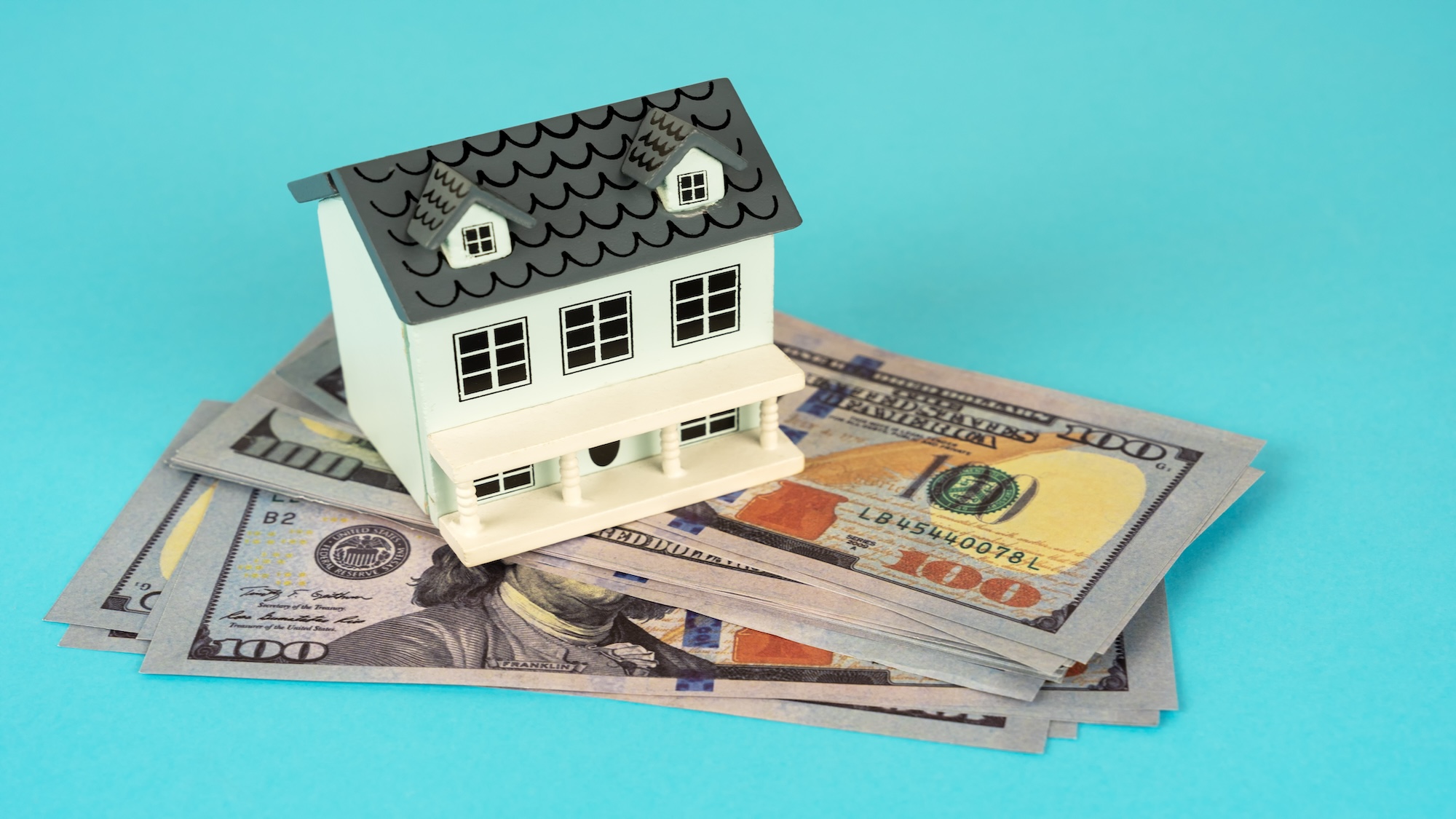 Why household wealth took off during the pandemic
Why household wealth took off during the pandemicUnder The Radar The Covid-19 pandemic caused a lot of pain and hardship, but new research shows it also left most Americans wealthier
-
 Empty office buildings are blank slates to improve cities
Empty office buildings are blank slates to improve citiesSpeed Read The pandemic kept people home and now city buildings are vacant
-
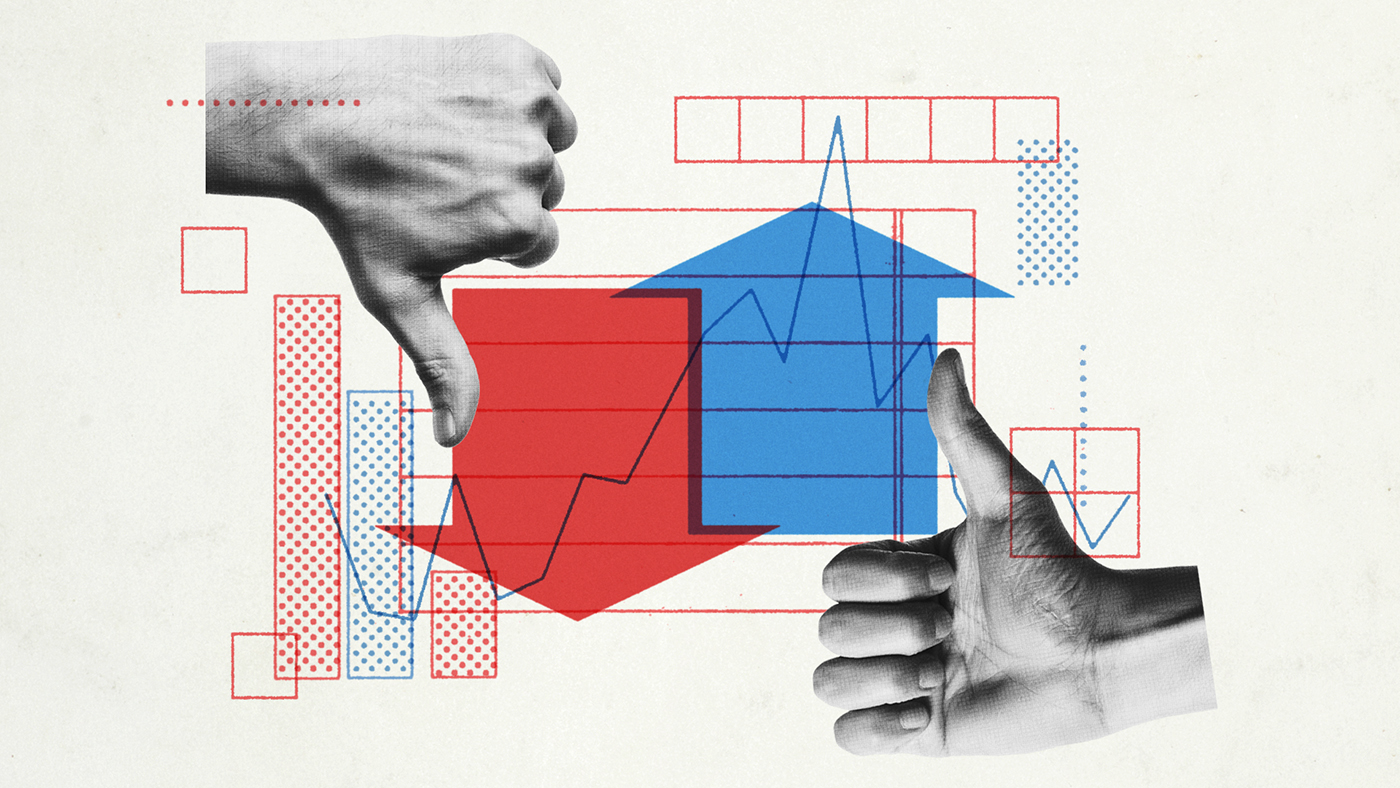 Inflation vs. deflation: which is worse for national economies?
Inflation vs. deflation: which is worse for national economies?Today's Big Question Lower prices may be good news for households but prolonged deflation is ‘terrible for the economy’
-
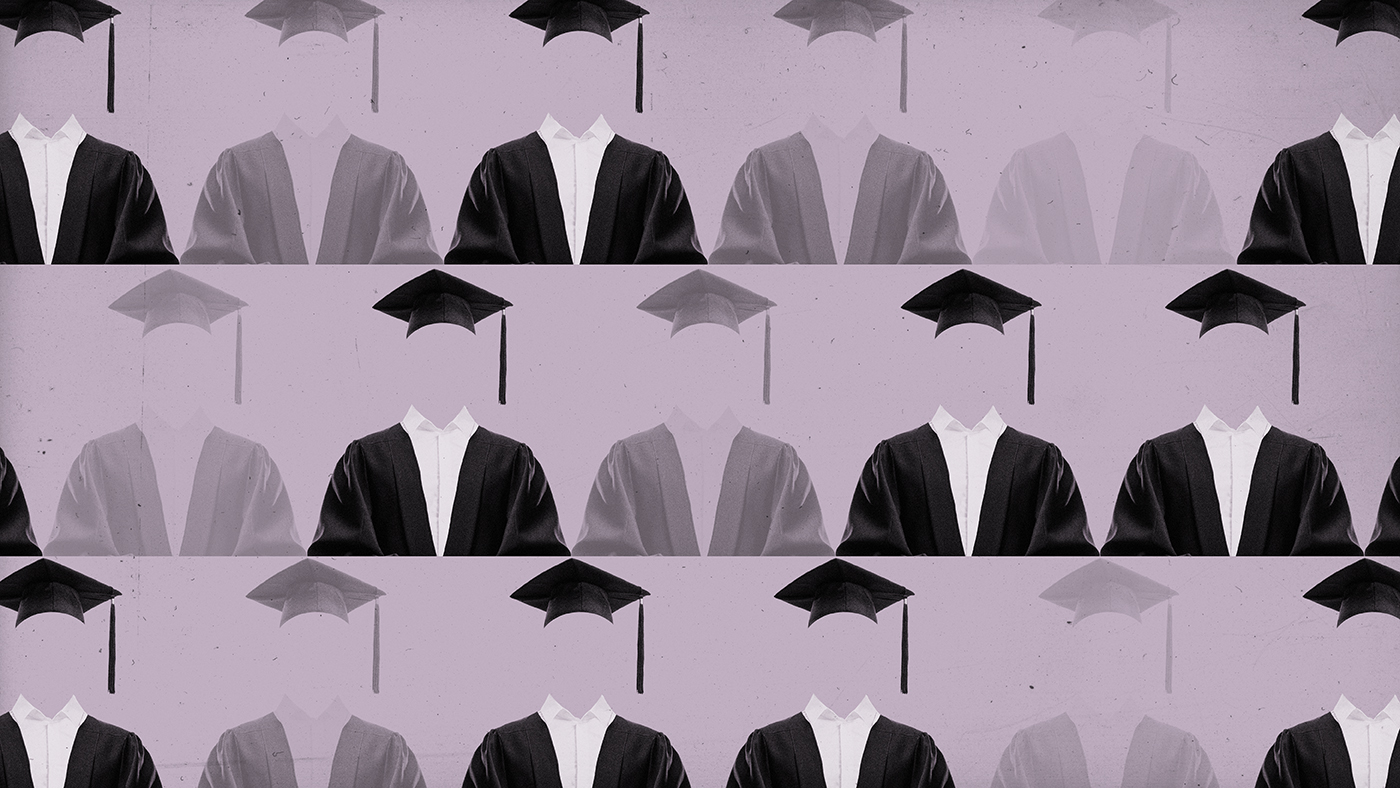 America's 'cataclysmic' drop in college enrollment
America's 'cataclysmic' drop in college enrollmentToday's Big Question "The slide in the college-going rate since 2018 is the steepest on record"
